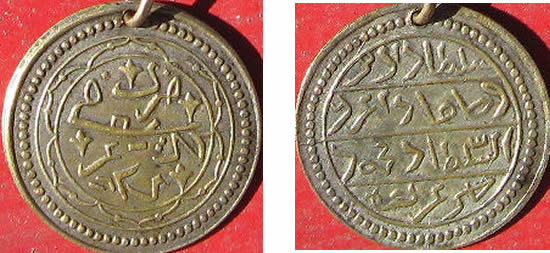This is a guest post by Kenji Crosland, a writer for TeachStreet. TeachStreet is a website that provides online and local classes including Foreign Language Lessons in languages like Japanese, Spanish and many others.
When I moved to Tokyo five years ago I expected to learn the language quickly. After all, it’s often been said that the best way to learn a foreign language is to live in a country where they speak it. What I didn’t realize, however, was despite the fact that you’re surrounded by the language every day, you could live in a foreign country for ten years and not learn much more than the most rudimentary phrases. Living there certainly helps, but unless you put forth the effort to study, speak and practice you won’t get very far.
Crutches that keep Expats From Learning the Language
As an expat in Tokyo, I’ve found that learning the language will make life much easier and much more interesting than if I only knew a few words out of a guidebook. Despite this, however, I found that there were many crutches which expats rely upon to get by without learning anything. If you want to get anywhere with your language study abroad, be sure to be wary of these crutches:
The Internet
The Internet can be a huge crutch for expats who want to learn a foreign language. Instead of trying to understand local television or visiting websites in a foreign language, you’ll probably spend most of the time browsing English language sites or downloading English TV shows.
That said, I don’t want to discount the Internet altogether. Because I was lucky to make many Japanese friends while I was living there, I did spend a lot of my time on mixi.jp , which is basically the MySpace of Japan and the country’s most popular social networking site. On mixi most of my friends were Japanese, and I spent a lot of time reading their mini-blog entries and writing some of my own. Also, I attended many parties and events through mixi where I was able to meet many new Japanese friends and also practice my Japanese with them.
Expat Friends
Believe it or not, many expats I had known in Tokyo had more non-Japanese friends than Japanese friends. And the Japanese people they befriended often spoke English so well that whenever these groups went on some social outing, the predominant language spoken was English. Even if the native Japanese people outnumbered the English speakers, the former mostly spoke English for the latter’s benefit.
It’s always nice to make expat friends, as it can help stave off homesickness, but if your goal is to learn the language, you should take the time to make friends with people who speak no English whatsoever. In Japan, I’ve found one of the best places to make new friends is in an Izakaya, (a Japanese version of a pub). Unlike an expat bar, an Izakaya will probably have very few English speakers. If you’re sheepish about going into the Izakaya alone, ask one of your Japanese friends to take you and introduce you to some of the locals.
The language “comfort zone”
If you avoid spending too much time on English web sites and endeavor to make more non-expat friends, you’ll eventually reach a level of comfort with the language. At this level you’ll probably be good at small talk and you’ll probably have no problem ordering in a restaurant or asking for directions. If you want to have a lively, in-depth conversation that goes beyond simple topics like food and the weather, however, you might find yourself at a loss for words.
Most people feel comfortable at this level because they have learned all the practical aspects of the language and may not feel motivated to learn more. When you reach this point, I highly recommend taking formal lessons. I personally had taken formal Japanese lessons once a week from a volunteer at the community center. For each lesson, we read a difficult article or essay in Japanese, wrote an essay about it in Japanese, and then we discussed it in the class. When I left the class, I often discussed what I was learning with my Japanese friends, which was excellent practice for me. By my fourth year in Tokyo, I was able to watch films, read comics, magazines and some novels, and talk about basically anything I wanted in Japanese.
If I had made the mistakes of spending too much time on the Internet, and too much time with English speaking friends, however, I probably wouldn’t have learned much more than when I had arrived in the country.
So remember, just moving to another country doesn’t magically make you proficient in the language. It certainly is a great help, but you must make the effort to learn while you are there.

